Copyright 2021 Evolution Reptiles
All rights reserved.
Copyright 2025 Evolution Reptiles
All rights reserved.
All rights reserved.
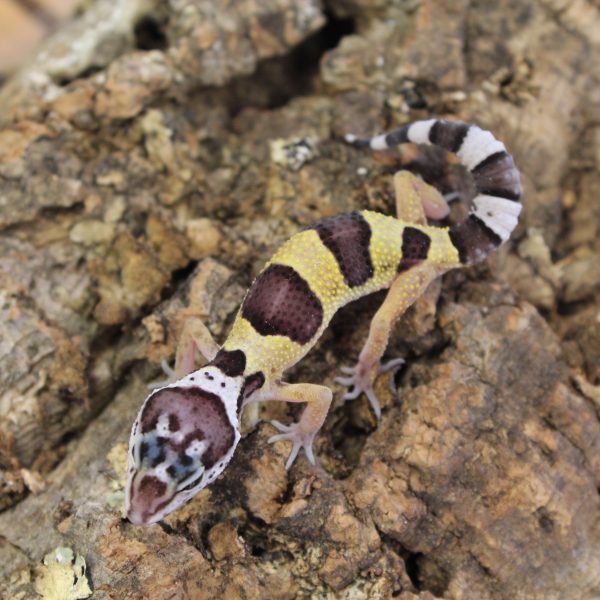
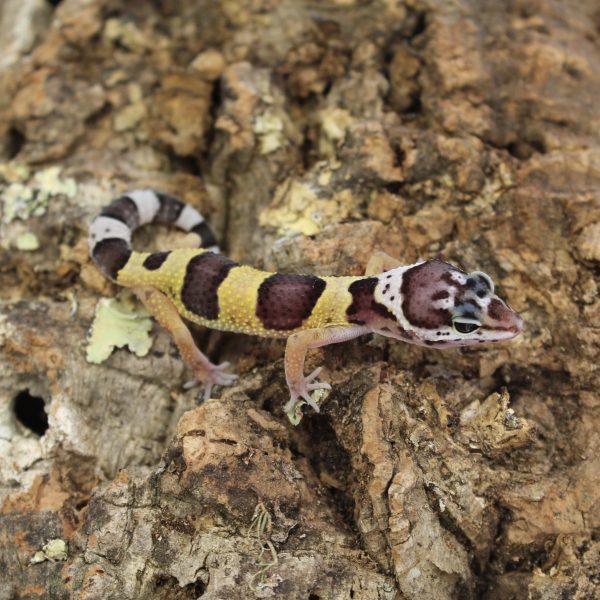
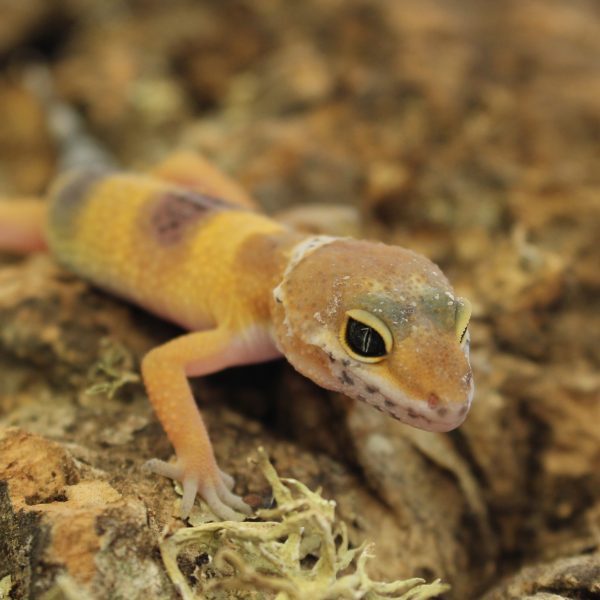
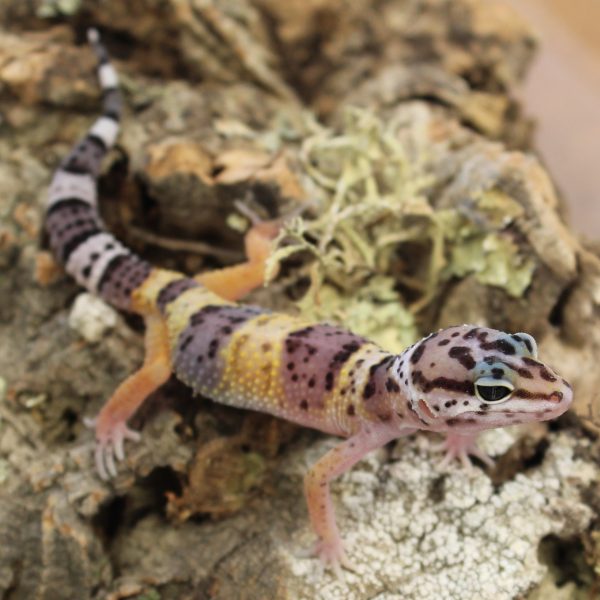
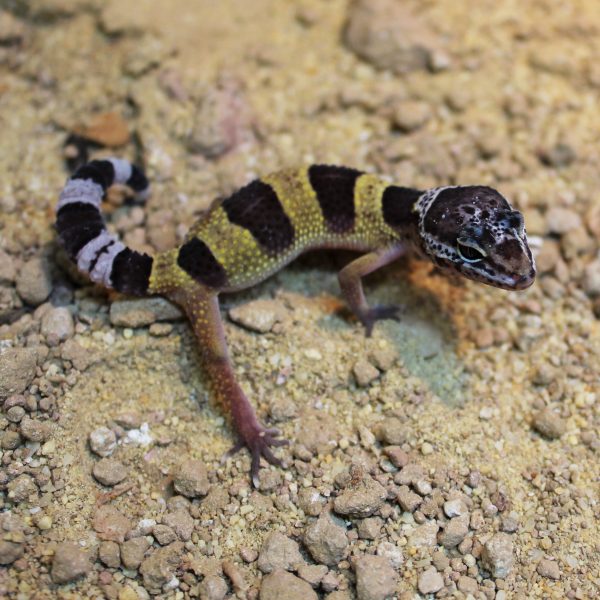
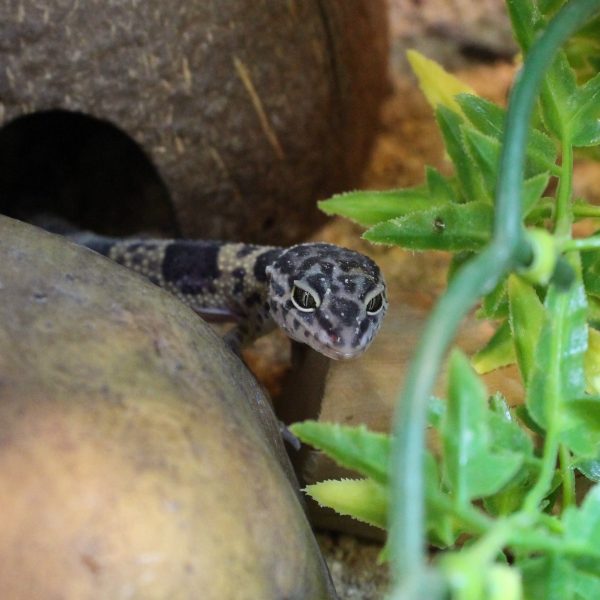
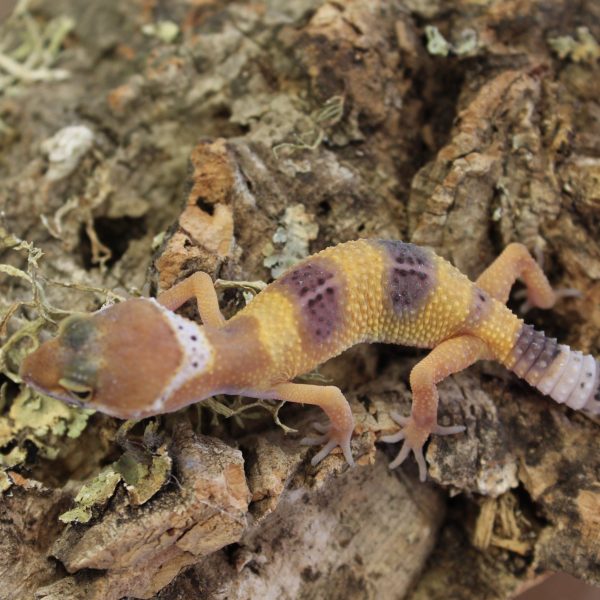
These little geckos have all been bred in store and have been reared under UV lights for the best results.
Leopard geckos are lovely gentle animals with real personality, which make great pets. They are easy to care for and readily available in many different colours and patterns.
We are working towards improving the welfare of every pet reptile, which is why our expectations are so much higher than those of some other retailers and breeders. You want a healthy, happy pet and we know that our gecko habitats are a great way to achieve that! Please read our article on minimum standards (see the link in the main description below) to see why our habitats are the most effective on the market.
Our animals are only available for collection in store. Speak to our care team, or visit us in-store to purchase your new pet.
Please read about our minimum standards and why we use them – it’s very important!
These are one of the very few gecko species that have eyelids. Hugely popular as pets, they are available in a wide range of colours and patterns.
In the wild these animals are found in Afghanistan, Pakistan, and north-west India in the dry, rocky grasslands and desert areas found in this part of the world. They spend the hottest part of the day hiding under rocks, and emerge at dawn and dusk to bask, feed, and interact with others.
They eat invertebrates in the wild, and in captivity are quite happy on a diet of crickets, mealworms, locusts, cockroaches, morio worms and calci worms; waxworms may be fed as a treat, but are extremely fatty, so should not form the greater portion of the diet.
Leopard geckos grew massively in popularity over the years and started to be commercially bred on huge scale. They are reared in very simple trays – heated but with no access to UV light and fed on only mealworms (very cheap and easy) heavily coated with calcium and multivitamin/mineral powders.
Unfortunately a few serious health issues started to occur more frequently. These included metabolic bone disease (calcium deficiency), and Cryptosporidiosis (Crypto), which is a common intestinal infection caused by a single-celled parasite. This is an awful condition which causes rapid weight loss and usually results in death.
Metabolic bone disease is easy to avoid. By keeping the animal at the correct temperatures, supplement the food with multi vitamin/mineral and calcium powders, and provide access to UV light.
Crypto on the other hand is more difficult. It seems like every gecko is a carrier, and stress seems to bring on the condition. We found that the best way to reduce stress on the geckos that we bought in was to rear them individually under UV light, and give them time to settle before we offered them for sale. Sometimes it was weeks before they would be strong enough to go on to a new home.
This gave me an idea: if we gathered a group together, kept them under UV light, and fed a variety of foods, could we produce better, healthier geckos?
In the spring of 2016 we started to collect eggs from the group we had assembled and carefully conditioned. We incubated them, and when they hatched we reared them in small groups (6-8), provided UV light and a wide variety of foods including crickets, locusts, mealworms, calci worms and the occasional dubia roach.
I knew that this would produce good geckos but I am still amazed at just how good they are! They are such keen feeders, eating about twice as much as the commercially bred geckos we have had before, and more keen to eat all of the different foods.
There have been very, very few infertile eggs, every single fertile egg has hatched, and every single hatchling has survived.
They are growing really well, eating like baby beardies (the bottomless pits of the reptile world), are showing amazing colours and best of all we have had no health issues! We haven’t had to hold any back and give them any special treatment – they are all thriving!
Copyright 2021 Evolution Reptiles
All rights reserved.